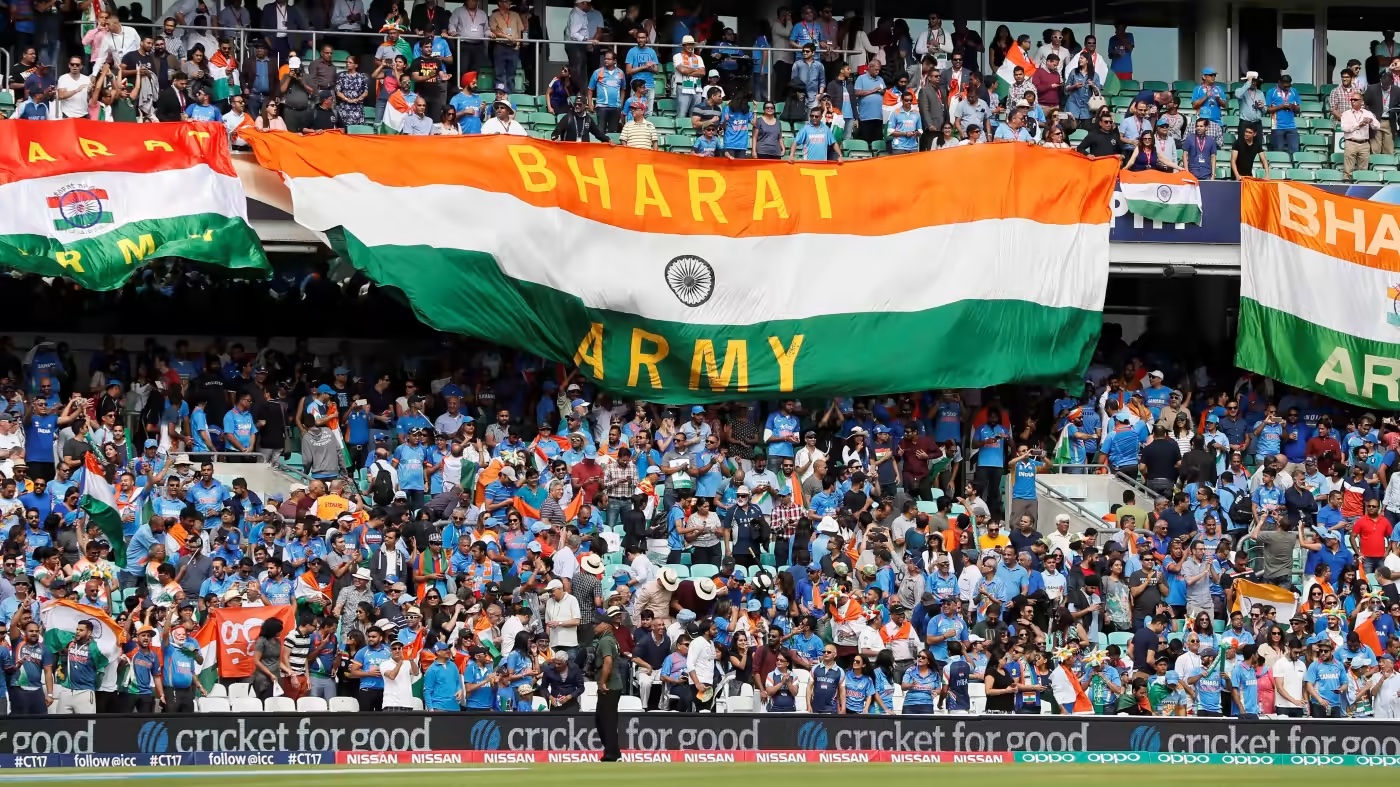EXPLAINED: India changing its name to Bharat?
Prime Minister Narendra Modi’s nationalist government has previously changed colonial names of towns and cities
Discussions have arisen over invitations sent by Indian President Droupadi Murmu referring to herself as the “President of Bharat” for a dinner on the sidelines of the G20 summit. This has led to speculation that the Indian government may be considering a name change for the country.
Traditionally, Indian constitutional bodies have used the name “India” in English and “Bharat” in Hindi on official invitations. However, the G20 dinner invitations, written in English, referred to Murmu as the President of Bharat. When asked about the issue, an official at the president’s office declined to comment.
Critics have interpreted the use of Bharat in the invitations as a sign that the government is advocating for an official name change. Prime Minister Narendra Modi’s nationalist government has previously changed colonial names of towns and cities, aiming to move away from what it perceives as a “mentality of slavery”.
India is officially known as “India” in English and has various names in Indian languages, including Bharat, Bharata, and Hindustan. The preamble to the Indian constitution begins with “We, the people of India…” in English, while Part One of the document states that “India, that is Bharat, shall be a Union of States”. In Hindi, the constitution replaces India with Bharat throughout, except in the section defining the country’s names, which states in Hindi, “Bharat, that is India, shall be a Union of States”.
Changing the country’s name to Bharat exclusively would require a constitutional amendment, which would need to be passed by a two-thirds majority in both houses of parliament.
While there has been no official confirmation of a name change, some view the timing of the controversy as significant. The incident occurred shortly after the government announced a surprise five-day special session of parliament, sparking speculation that a name change could be discussed and approved during the session.
The names India and Bharat have both been in existence for over two millennia. While supporters of the name Bharat argue that “India” was given by British colonizers, historians assert that the name predates colonial rule by centuries. India is derived from the river Indus, known as Sindhu in Sanskrit. Even before Alexander the Great’s campaign in the 3rd century BCE, travelers from Greece and other regions identified the area southeast of the Indus River as India. The name Bharat is even older and appears in ancient Indian scriptures, but some experts suggest it was used as a term of socio-cultural identity rather than a geographical designation.



